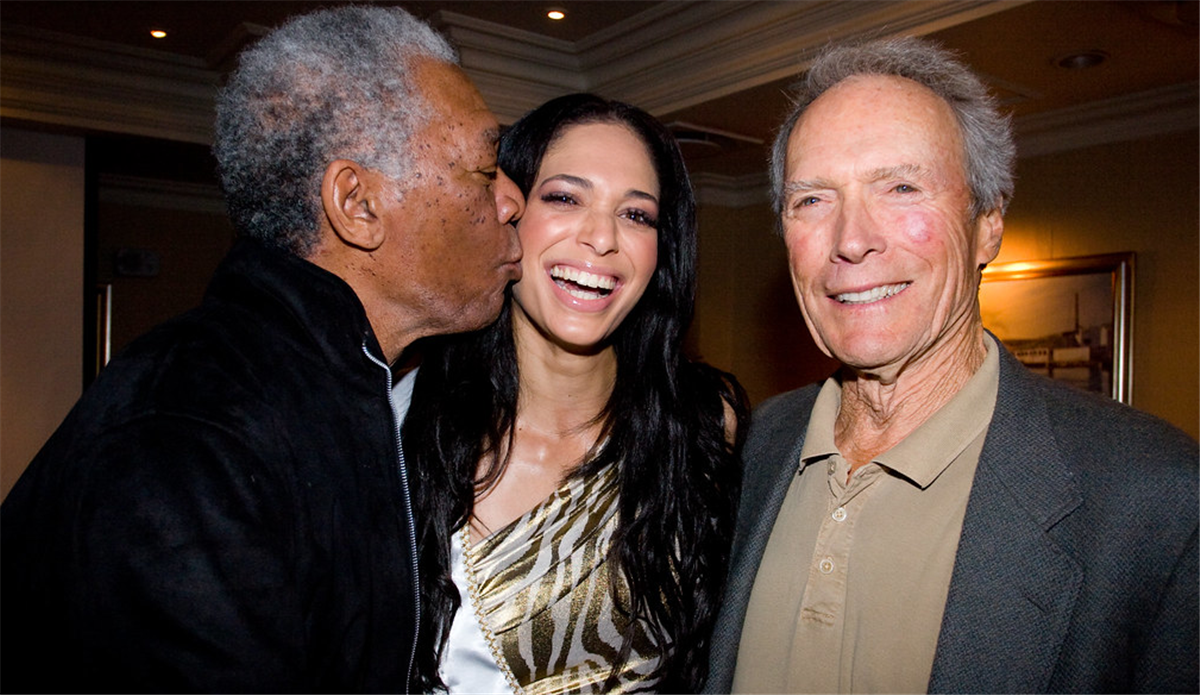The common thread that unites many of cinema’s most iconic stars is they all carry a certain aura and mystique that becomes part of their legend, even if Morgan Freeman was happy to blow a hole in the mythology of a favoured collaborator.
A long-time admirer of the actor and filmmaker long before they’d ever worked together, Freeman and Clint Eastwood struck up a professional partnership that blossomed into a friendship, with the two veterans working together on three movies that all received plenty of acclaim and awards recognition.
Their third and final film is was the least successful by far, and even at that biographical drama Invictus cleared $120million at the global box office and secured two Academy Award nominations, including one for Freeman in the ‘Best Actor’ category.

Of course, lightning rarely strikes twice, so it would be foolish to expect it to happen on a third occasion, with Freeman and Eastwood’s Unforgiven and Million Dollar Baby both winning Oscars for ‘Best Picture’ and ‘Best Director’, and the former was named as the victor in the ‘Best Supporting Actor’ race for the latter film.
It’s a cherished period from Freeman’s career to the point he’s named his Eastwood-helmed features as being among the favourite roles he’s ever played, but that didn’t prevent him from dropping a surprising bombshell that distanced the face of the revisionist Western from his established persona.
History will always remember Eastwood for his imposing screen presence, piercing 1000-yard stare, and grizzled line delivery, which was intrinsic to his propensity for badassery. And yet, Freeman decided to ruin it by explaining to Esquire that part of it was entirely fabricated for the cameras.

“It’s not his voice,” he said of Eastwood’s signature cadence. “The voice he uses when he’s acting is not the voice he uses when he’s not. It’s because of the Man with No Name. He established that voice when he was doing spaghetti Westerns with Sergio Leone, and he’s used it ever since. People use it when they imitate him because it’s the only voice they know. But it only comes out when you mic him up, and he’s on the set and acting. And then he uses this voice, and I don’t know why.”
What a way to blow a hole in the perception of Eastwood that’s existed since the 1960s, with part of his iconography having been built on a lie. Obviously, actors have been adopting accents that aren’t their own since the very first talkies emerged, but it’s a little saddening to know that when the four-time Oscar winner isn’t performing or within earshot of the general public, his dulcet tones are much softer. On the plus side, at least Freeman’s syrupy style isn’t a fabrication. Or is it?
